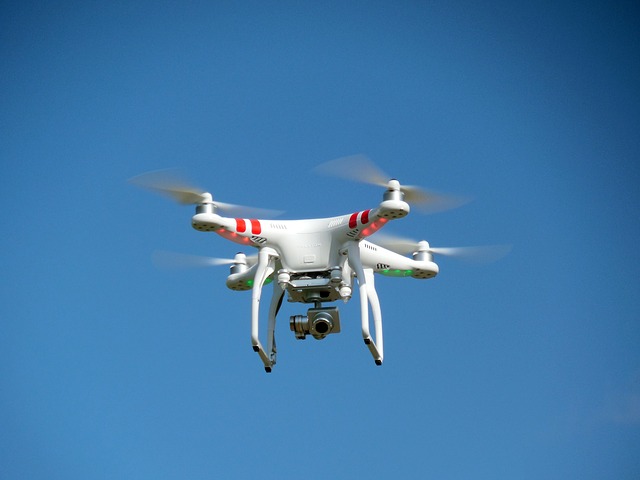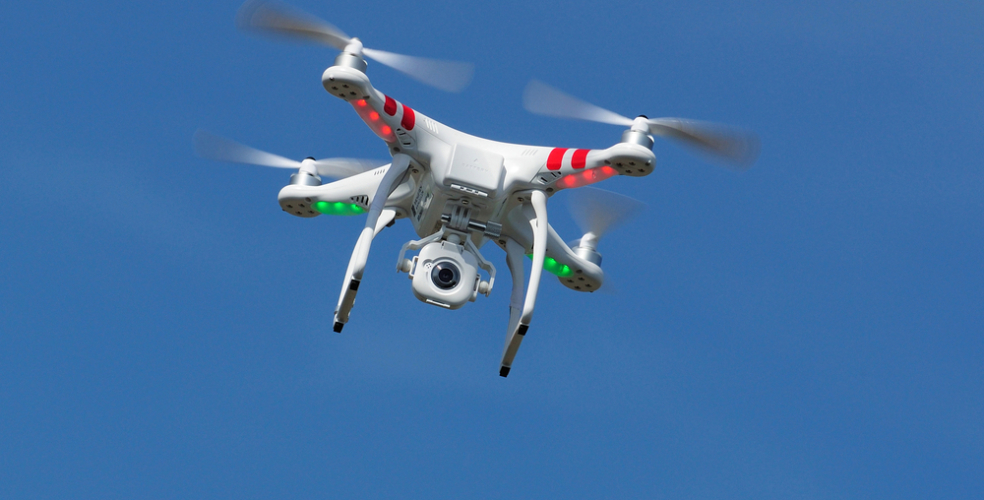Costa Rica News – If you are hoping for information about an actual battle between drones, unfortunately this is not what this is about. Although that would be pretty cool.
 A war between users of drones and the Civil Aviation (Dirección General de Aviación Civil) is about to break out any day now.
A war between users of drones and the Civil Aviation (Dirección General de Aviación Civil) is about to break out any day now.
A decree, published in La Gaceta on September 22, 2015, regulates the use of drones, unmanned aircraft, in Costa Rica. Although not yet in force because of the “operational directive” needs to be sanctioned by the Director of Civil Aviation, this could happen at any time.
The drones often carry photographic or video camera, as all as sensors for monitoring, measurement, reconnaissance and surveillance of buildings and people.
According to the law, these and other tasks must be certified by Civil Aviation, with the registration of each drone as a remotely piloted aircraft system (Sistema de Aeronaves Pilotadas a Distancia – RPAS) at a cost US$1,874 dollars for the company and US$94 for each pilot (user).
In addition, pilots are required to take a 40 hour course with an authorized company, adding another US$800 to the cost. Then there is the cost of the required insurance against accidents.
Dionisio Segura, one of the users of commercial drones, told La Republica the industry feels the costs are excessive, when comparing to the U.S. where the registration cost is only US$5 dollars.
“The justification for the rates is being made by Civil Aviation internally that is not accessible to user groups to check their calculations,” said Segura.
However, Civil Aviation argues that all member countries of the International Civil Aviation Organization (ICAO), of which Costa Rica is a member, must meet all aviation safety standards established by the ICAO.
To get an idea of how popular drones are in Costa Rica, in December (2015) alone there were some 3.571 of the devices imported into the country, according to Customs authorities (Dirección General de Aduanas).
Among the restrictions for recreational drone use set out by Civil Aviation is not fly near an airport or over crowds of people, for example, public events such as concerts, sporting events or demonstrations. Flying a drone (recreational) over the Tope (annual horse parade in San Jose), the Zapote Fair, Palmares Festival and the Festival de la Luz are a no-no.
To learn more about the rules and restrictions of drone use in Costa Rica, visit www.dgac.go.cr.
Source: La Republica
From QCostaRica

